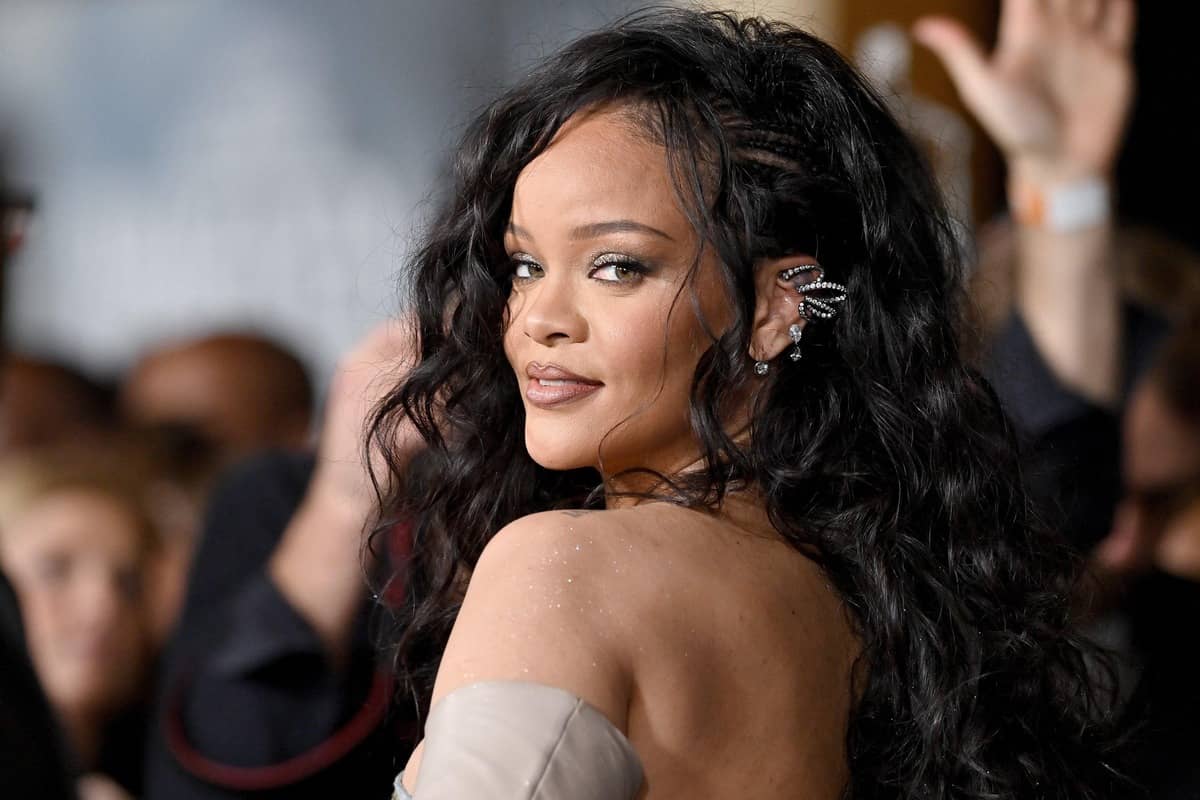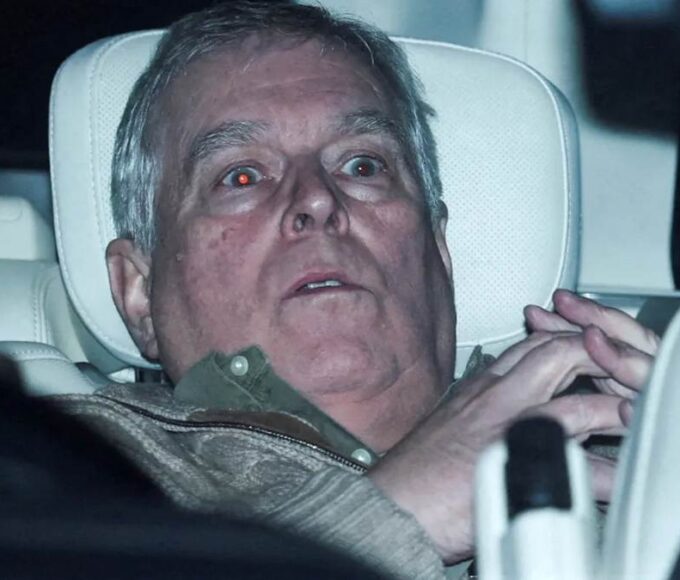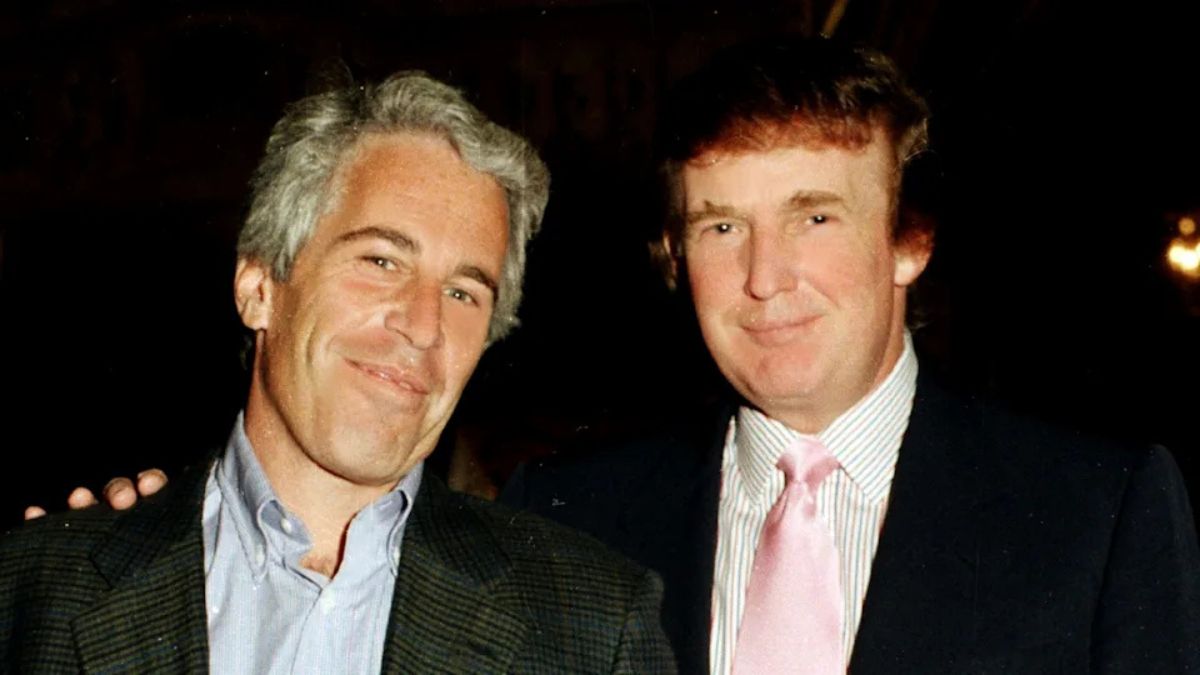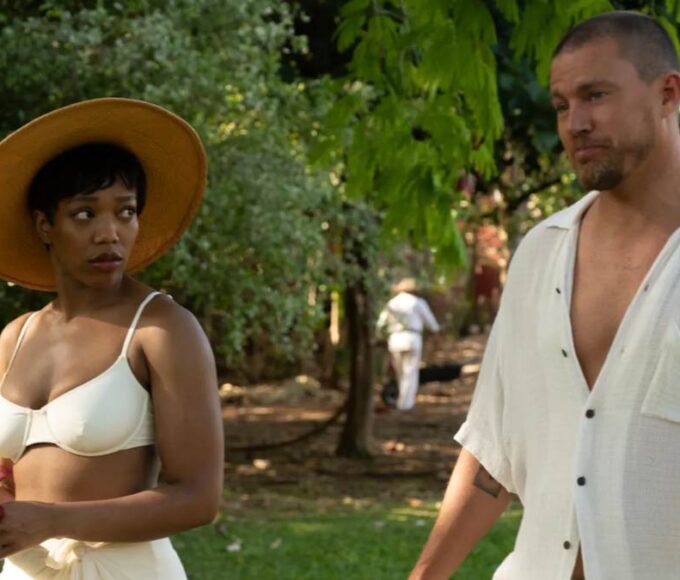Sean “Diddy” Combs is now on trial for serious charges, including sex trafficking, physical abuse, and sexual assault.
This case has restarted national conversations about the #MeToo movement and how it applies to powerful people in the music industry.
New Laws Help Victims Speak Up
After the #MeToo movement, some U.S. states passed special laws that give victims more time to file lawsuits.
In New York, laws like the Adult Survivors Act opened a short window where survivors could sue for old cases of abuse.
In 2023, singer Cassie Ventura used this law to sue Diddy. Her case triggered more lawsuits and even led to a federal criminal investigation.
Pattern of Abuse and Power
Several women have now come forward with similar stories.
They say Diddy used his wealth and fame to control, abuse, and manipulate them—often during relationships that started as work or mentorship.
Cassie says he forced her to take drugs, isolated her, and abused her for years.
Other witnesses have described a climate of fear in Diddy’s inner circle.
A Bigger #MeToo Moment
Diddy’s case reminds many of Harvey Weinstein and R. Kelly—other powerful men taken down by #MeToo.
But the trial has also shown some backlash.
Diddy’s lawyers suggest the accusers are only seeking money.
This argument reflects a wider issue: many survivors are still doubted, even after coming forward.
Change in Hip-Hop Culture?
Many believe this trial could be a turning point for hip-hop.
Like Hollywood, the rap industry has often been silent about abuse by big stars.
Now, survivors are speaking out—and more people are listening.
Conclusion
Diddy’s trial is not just about one man.
It’s about how society deals with abuse, power, and justice—and whether the lessons of #MeToo will truly change the music world.












Leave a comment